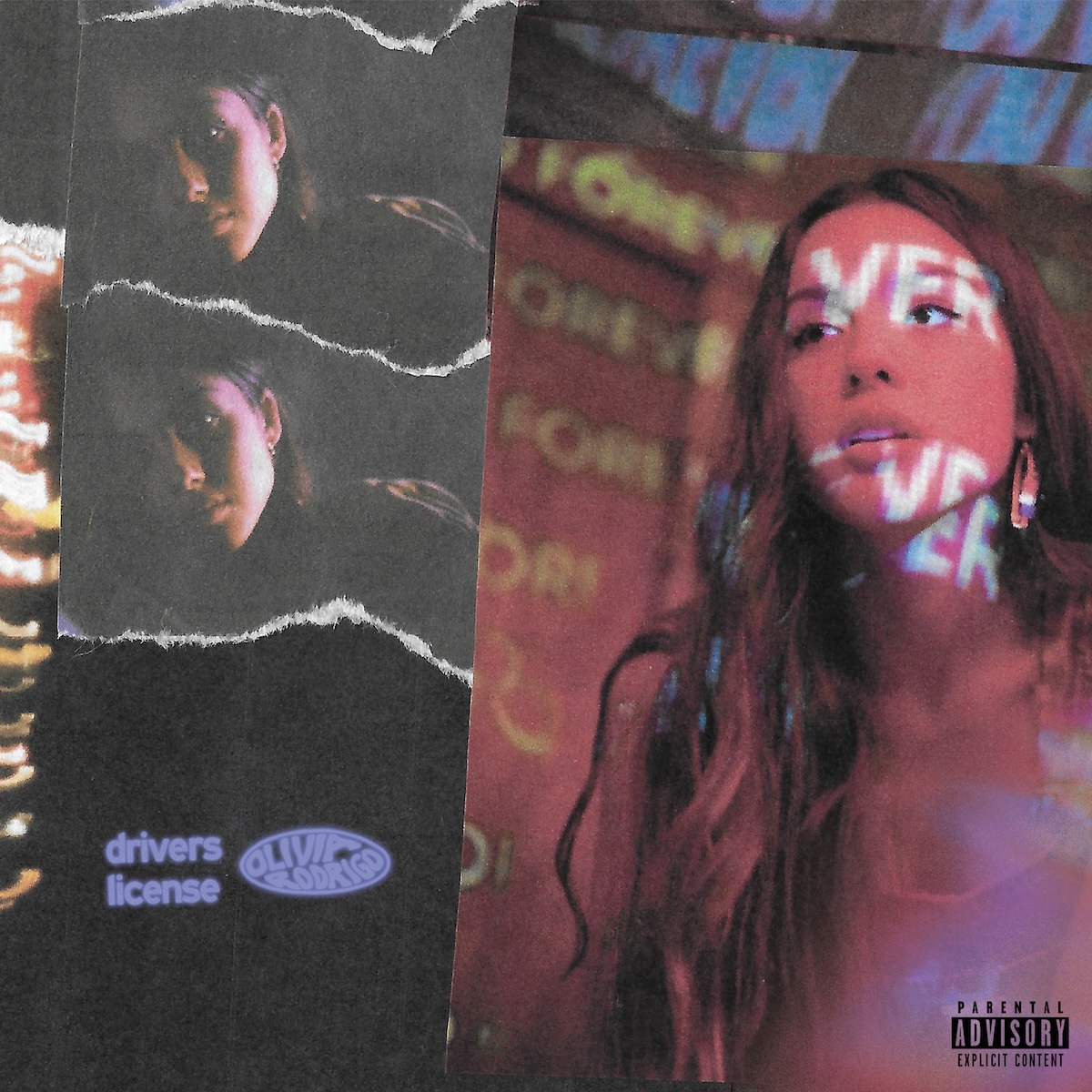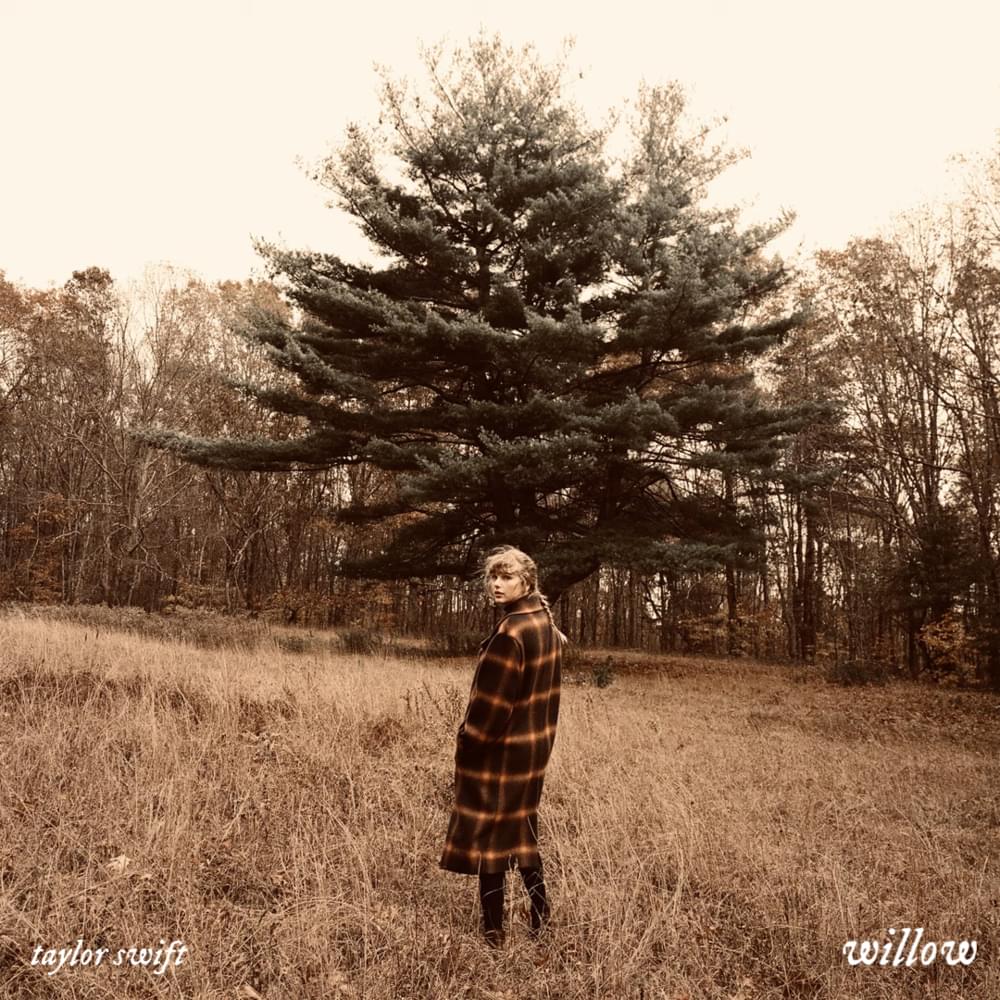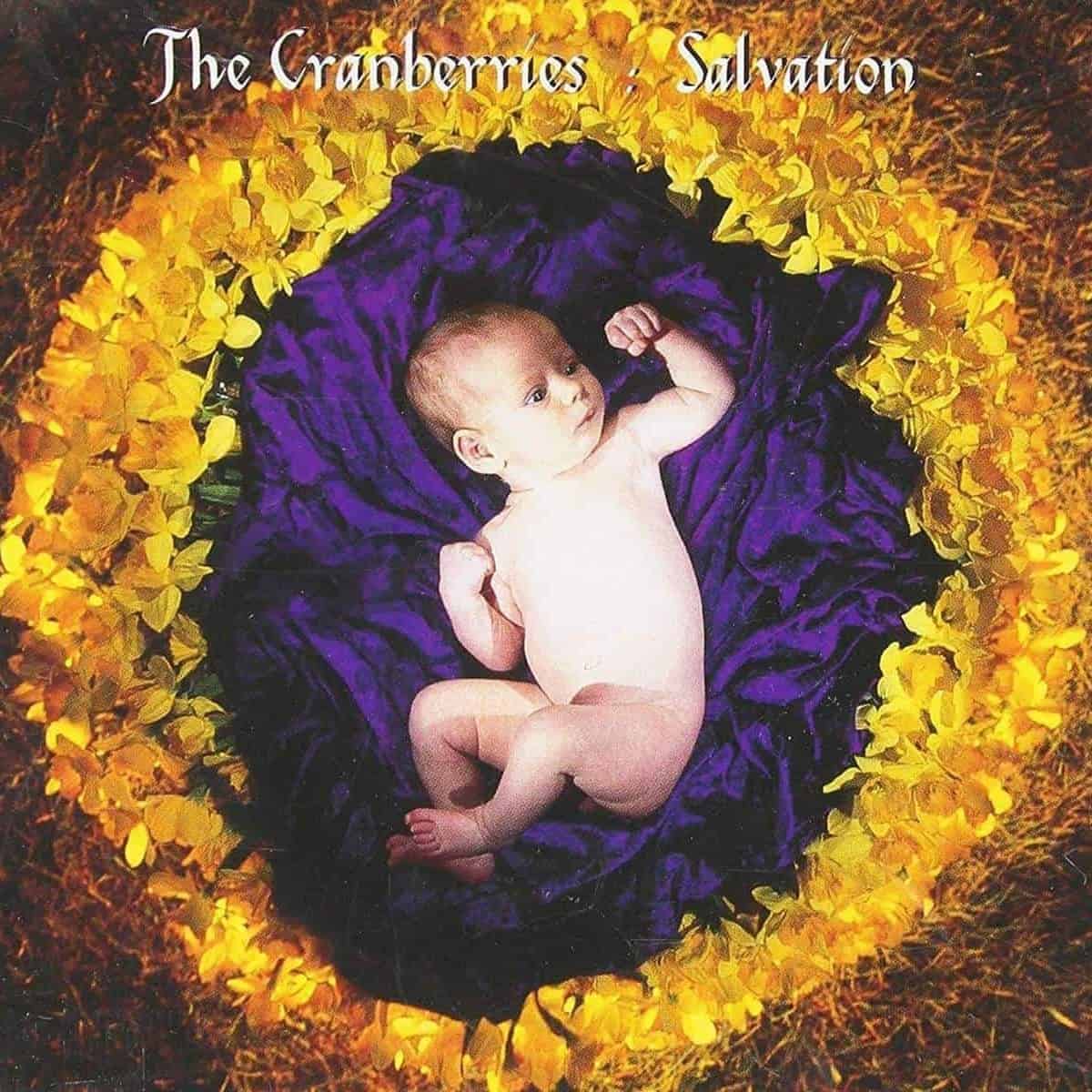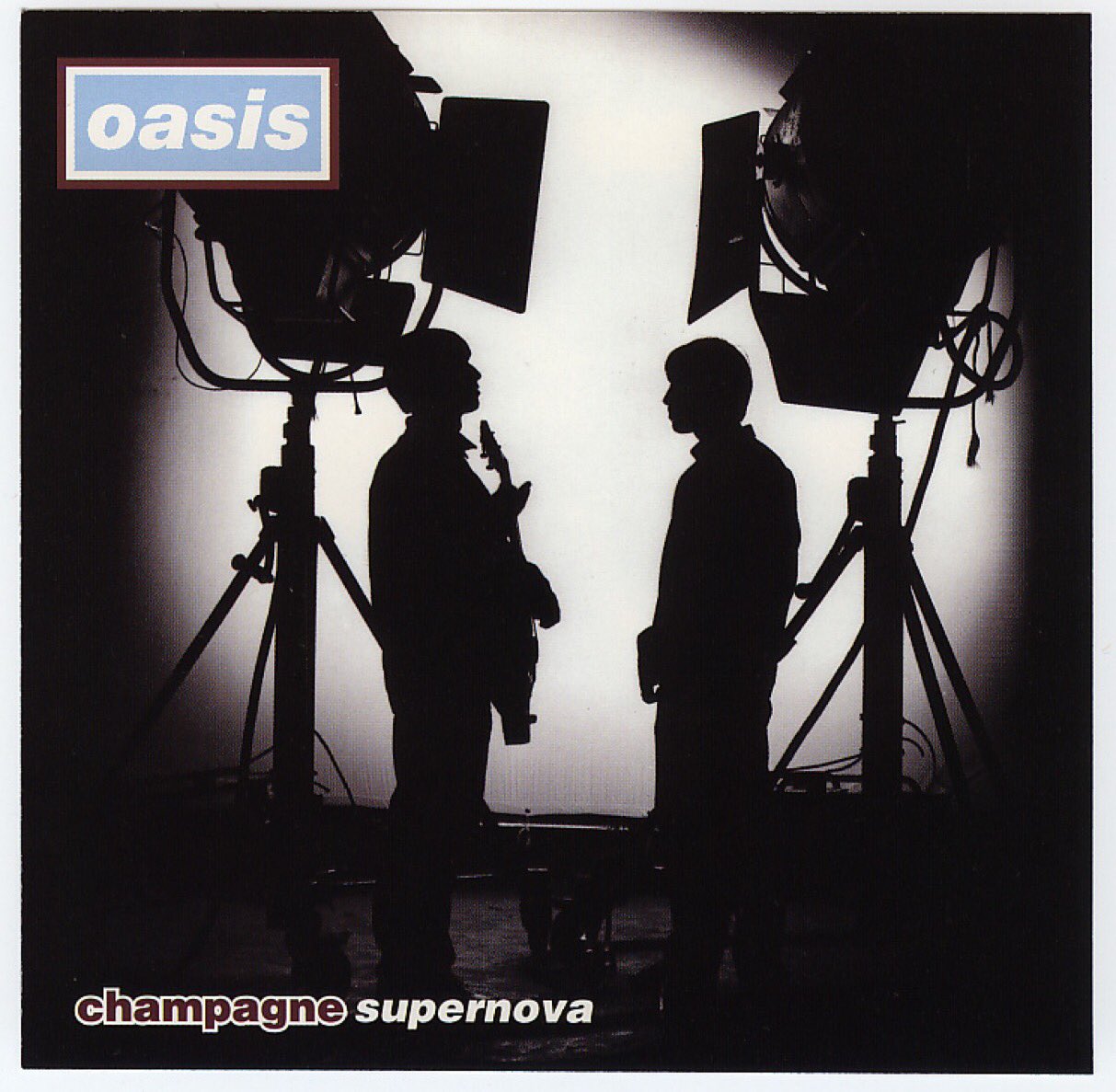In The Number Ones, I'm reviewing every single #1 single in the history of the Billboard Hot 100, starting with the chart's beginning, in 1958, and working my way up into the present.
Vicki Lawrence - "The Night The Lights Went Out In Georgia"
HIT #1: April 7, 1973
STAYED AT #1: 2 weeks
An unnamed Southerner has been away from home for a couple of weeks. He's traveling back, but on the way, he stops at a local bar, where he runs into Andy, his best friend. Andy has some bad news for our protagonist: The man's wife is sleeping with a mutual acquaintance. And Andy admits that he's slept with her, too. The conversation doesn't go well. Both of them leave the bar, freaked out and unsure what to do.
Andy, head spinning, goes home. The unnamed man goes to his house, too. His wife isn't there. Instead, he finds his father's old gun. He stalks through the woods to Andy's house, but on his way there, he notices a set of footprints, smaller than Andy's. And when he gets to Andy's house, he sees Andy's body. Andy has been shot to death.
Our hero fires off a shot to alert the police. This turns out to be a bad decision. A sheriff shows up and immediately arrests the man for Andy's murder. A local judge gives the man a quick show trial, and then he sentences the man to death by hanging. And that's what happens. The man dies, for a crime he probably wanted to commit but didn't.
And then: the twist. (Spoiler alert, I guess?) This whole time, we've been listening to the man's sister telling this story. She, the narrator, is the one who killed Andy. She killed the unfaithful wife, too, "and that's one body that'll never be found." But the man's trial is so quick that she doesn't even get a chance to confess her crimes, and to get her brother off the hook. So instead, she tells us, the listeners.
That is a lot of story to cram into less than four minutes, still making room for a chorus and for some instrumental flourishes. It's probably too much story for a two-hour movie. It's too convoluted, too full of arbitrary plot twists. Like: If the sister hid the wife's body, why didn't she hide Andy's body, too? What happened to the other guy who was sleeping with the wife? Why were the sheriff and the judge so desperate to find a fall guy? How bad was the guy's lawyer, anyway? And yet the country songwriter Bobby Russell -- the same guy who wrote Bobby Goldsboro's execrable "Honey" -- still jammed all that into "The Night The Lights Went Down In Georgia," and the song still made it to #1.
When Russell wrote "The Nights Went Down In Georgia," he offered it to Cher. Cher's husband Sonny Bono thought the song was too dark, too potentially offensive. So Russell's wife recorded it, instead. Vicki Lawrence, who was married to Russell at the time, wasn't a singer -- or, in any case, that wasn't how she was known. Instead, she was a funny lady on TV. And other than that brief flirtation with pop stardom, that's what she remained.
Vicki Lawrence was 18 when she joined the cast of The Carol Burnett Show. Burnett was looking for another actress who looked like her, someone to play her younger sister. Lawrence, who'd been in a kids' choir called the Young Americans, had entered a pageant at a firefighters' ball in her Inglewood, California hometown. A local newspaper writer mentioned that she looked like Burnett, so Lawrence wrote Burnett a fan letter and included that article. Burnett came to the pageant, crowed Lawrence when she won, and quickly hired Lawrence to be on her show. Lawrence basically had to learn how to do sketch comedy on the job.
In 1973, Lawrence had been on The Carol Burnett Show for nearly six years. She'd married Russell the previous year. (They divorced in 1974, the same year that Lawrence married her current husband.) When Cher turned down "The Night The Lights Went Out In Georgia," Lawrence recorded it with Snuff Garrett, Cher's producer. The Wrecking Crew, who'd played on Cher's records, backed Lawrence up. Lawrence basically did everything Cher would've done with the record. This made sense. Cher was, after all, a funny lady on TV. And if you plugged a different TV funny lady into her role, her formula still worked.
As storytelling, "The Night The Lights Went Down In Georgia" is cluttered but evocative. As a piece of music, it's pretty much the same way. It's one of those songs where the verses work better than the chorus. The verses are all tingly suspense: prickly electric piano line, spare acoustic guitar, drums and shakers that pulse like heartbeats. On the chorus, everything explodes into hammy melodrama. Taken all together, the song's combination of studio craftsmanship and thirsty attention-grabbing dynamics are basically early-'70s pop writ small, good ideas and bad ideas in a constant push-pull. It's easy to hear how the song caught America's collective ear, and it's just as easy to figure out why Lawrence basically abandoned her music career afterward.
Lawrence did release a few singles after "The Night The Lights Went Down In Georgia," and a couple of them even charted in the lower reaches of the Hot 100. But she was clearly more focused on TV. Lawrence stayed on The Carol Burnett Show for all of its 11 seasons. When the show finished its run in 1978, Lawrence was the only non-Burnett performer who'd been there the whole time. On The Carol Burnett Show, Lawrence developed the character Mama, a sort of stereotypical Southern working-class grandmother. After The Carol Burnett Show ended, Lawrence starred in Mama's Family, a spinoff sitcom that ran for six seasons in the '80s. (When I was a kid, it felt like Mama's Family was on every single time I turned on the TV.)
It didn't stop there. For a couple of years in the '90s, Lawrence hosted Vicki!, a daytime talk show. She also played the grandmother of future Number Ones subject Miley Cyrus on Hannah Montana. These days, she's on The Cool Kids, a Fox sitcom set in a retirement home. She's had a great career, and it's had plenty of twists -- just not as many twists as "The Night The Lights Went Out In Georgia."
GRADE: 5/10
BONUS BEATS: Here's an instrumental 1974 cover of "The Night The Lights Went Out In Georgia" from the jazz-funk band Pete Schofield And The Canadians:
https://youtube.com/watch?v=dBh9a0WrkoM
You might recognize those horns. In 2005, the producer Jake One sampled that cover for "My Time Is Now," a song for the rapping WWE star John Cena. It's still Cena's entrance music. (You might even say Cena has kept it on lock, like it's part of the jail.) Here's the music video that Cena made for it back in 2005:
(John Cena has never charted, though he did spit with Wiz Khalifa that one time. They should've never let that happen.)
BONUS BONUS BEATS: In 1981, the director Ronald F. Maxwell adapted "The Night The Lights Went Out In Georgia" into a musical drama. Dennis Quaid plays the man returning home. (In the movie, he's a country singer.) Kristy McNichol plays the sister. Mark Hammill, still in the middle of his run as Luke Skywalker, plays a state trooper. It looks very bad. Here's the trailer:
https://youtube.com/watch?v=qCBmcz8zxhE
BONUS BONUS BONUS BEATS: Reba McEntire had a country hit with a cover of "The Night The Lights Went Down In Georgia" in 1991. Here's the moment on an episode of Vicki! where she and Vicki Lawrence sang it together:
https://youtube.com/watch?v=wMD5nBcPrCk
BONUS BONUS BONUS BONUS BEATS: Here's the famous opening diner scene from Quentin Tarantino's 1992 movie Reservoir Dogs, which includes Chris Penn discussing the storyline of "The Night The Lights Went Down In Georgia":






